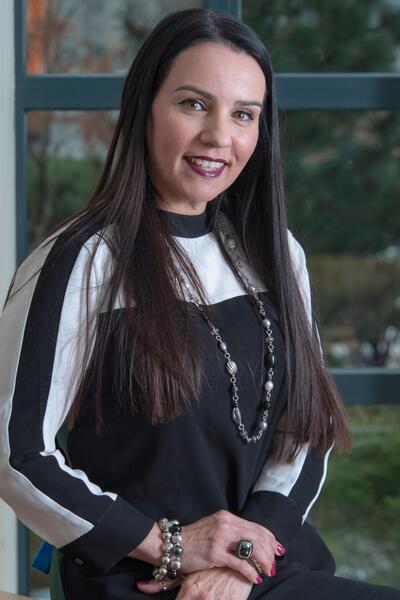How to Talk to Your Kids about the Coronavirus to Ease Their Anxiety with Dr. Maru Torres-Gregory, PhD
How to Talk to Your Kids about the Coronavirus to Ease Their Anxiety with Dr. Maru Torres-Gregory, PhD
Maru Torres-Gregory, J.D., Ph.D., LMFT
- Be mindful of your own reactions and your own level of anxiety so that you can model calm.
- Listen to them.
- Ask them what they have heard so you can correct inaccurate information.
- Answer questions keeping their age, maturity, and developmental level in mind.
- If you don’t know the answer, take a break and look up answers from reputable sources such as CDC and WHO. If your children are old enough, encourage them to use these as their main sources of information on the disease.
- Be proactive: don’t wait for them to come to you. Offer to talk and discuss their concerns. This promotes a culture of openness and conversation at home.
- Don’t see questions as requests for information only. They want reassurance that they are safe, BUT, don’t make promises that you can’t keep by telling them no one in the family and no one they know will get sick.
- Recognize, validate and empathize with their feelings. Don’t try to dismiss or minimize them by telling them not to worry. This does not address their worries.
- Empower them by teaching them how to have some control: washing their hands, covering their mouths, keeping active and healthy. It is crucial for them to find ways to stay healthy indoors now that they may be confined at home with school districts closing.
- Help them find ways to stay connected to friends and family during school closings and home confinement.
- Remind them that you are doing all you can to keep the family safe and healthy and that experts are working overtime to find solutions.
- If their anxiety interferes with their daily functioning (sleep, appetite, ability to focus), find professional help.

